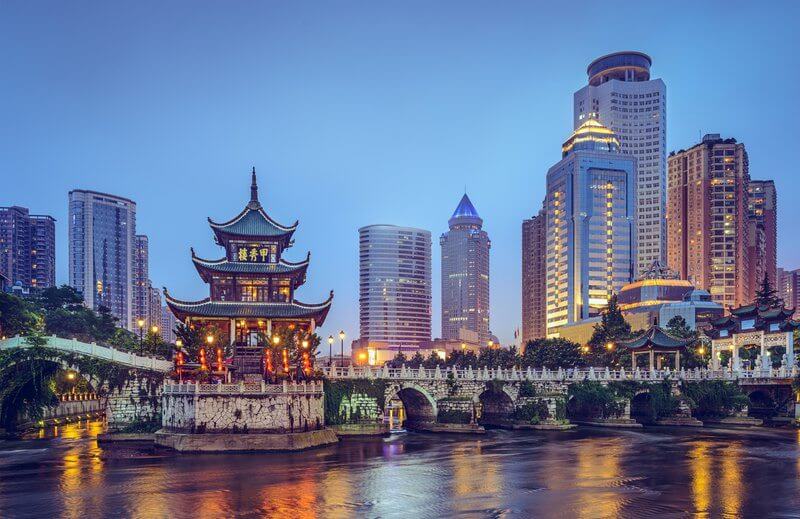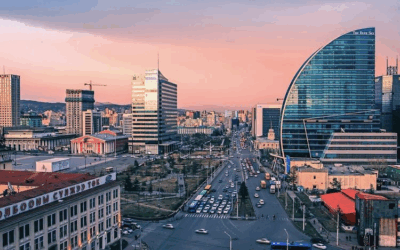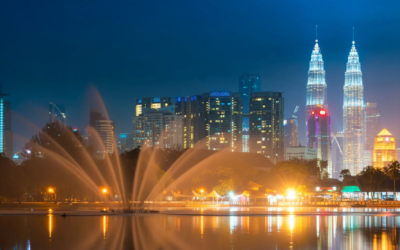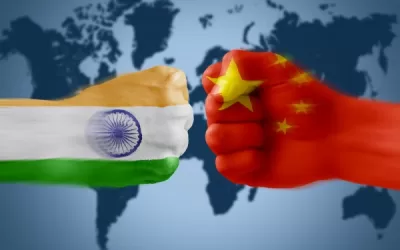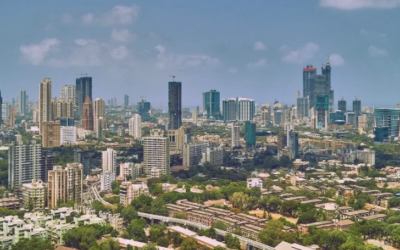Wealthy Chinese citizens understand why you should diversify your portfolio arguably better than anyone.
Asia’s largest economy saw rapid development over the past few decades. That was mostly because of entrepreneurial spirit, privatization of state-owned companies, and economic liberalization since the 1980s.
China is now cracking down on offshore remittances though. Beijing is doing everything they can to keep money inside the country as growth stalls and domestic spending weakens.
That won’t stop capital from flowing out of China. People always find a way. But stricter rules have forced people to become more clever when transferring money and investing offshore.
Here are three assets that rich Chinese investors are buying up. All of these investments are anonymous – at least to China’s government.
International Property
Chinese investment in offshore real estate reached a record high in 2016. Predictions show it will be even higher this year, despite more limits on transferring money outside of China. It’s hard to stop capital flight once it begins.
Favorite cities to buy property include Singapore, Bangkok, Tokyo, and Sydney. Each of those places enjoy excellent schools/universities, large Chinese expat communities, and fairly stable real estate markets.
Remember: the whole reason why rich Chinese entrepreneurs are investing abroad is because they do not trust their government. Foreign property gives them a bolthole in another country, a place for their children to live while they go to school, and perhaps even a second residency.
Better yet, few governments make you report foreign real estate holdings to them. That alone is a massive benefit compared to stocks, bonds, private equity holdings, or the vast majority of other assets.
Precious Metals
There’s a good reason why Singapore became the world’s top country to purchase and store precious metals.
Actually, there are several reasons. Low taxes, a strong rule of law, and an unusually forward-thinking government helped the amount of bullion sold in Singapore rise exponentially since the early 2000s.
Chinese demand for gold and silver is perhaps the most crucial driver of sales though. Beijing imposed import restrictions on gold last year. Of course, that doesn’t stop people from buying gold offshore and keeping it in one of the world’s many anonymous vaults.
Gold and silver don’t pay rental income each month. Nor can you live in them and use them as a second home. But they’re proven hedges against inflation and would probably guard against any depreciation of the Chinese Yuan.
Plus, it remains much easier for rich Chinese investors to buy gold and silver bullion compared to international property. Even if it’s not nearly as effective as a cash-flowing asset.
Cryptocurrency
The ability for you to transfer and store them anonymously adds a great deal of value for anyone wanting to diversify offshore.
Cryptocurrencies are indeed far more volatile than precious metals. They don’t have real world applications either. Jewelry, electronic parts, and many other things are made out of gold and silver.
Yet digital currencies are also more liquid and boast much lower transaction costs – and that’s not even counting the extra anonymity benefits for UHNWIs in China.
For example, you must find a buyer and pay spreads if you want to sell physical bullion. Selling Bitcoin or Ethereum takes a few minutes and a small $5 fee. It’s not necessary to interact with a bank or anyone else.
Now you know how China’s rich are preserving their wealth for future generations. Would you like to guard your portfolio in the same ways?
Skip the Next Western Recession
Learn the best places to invest - and where to avoid - by downloading our free Investment Cheat Sheet.

